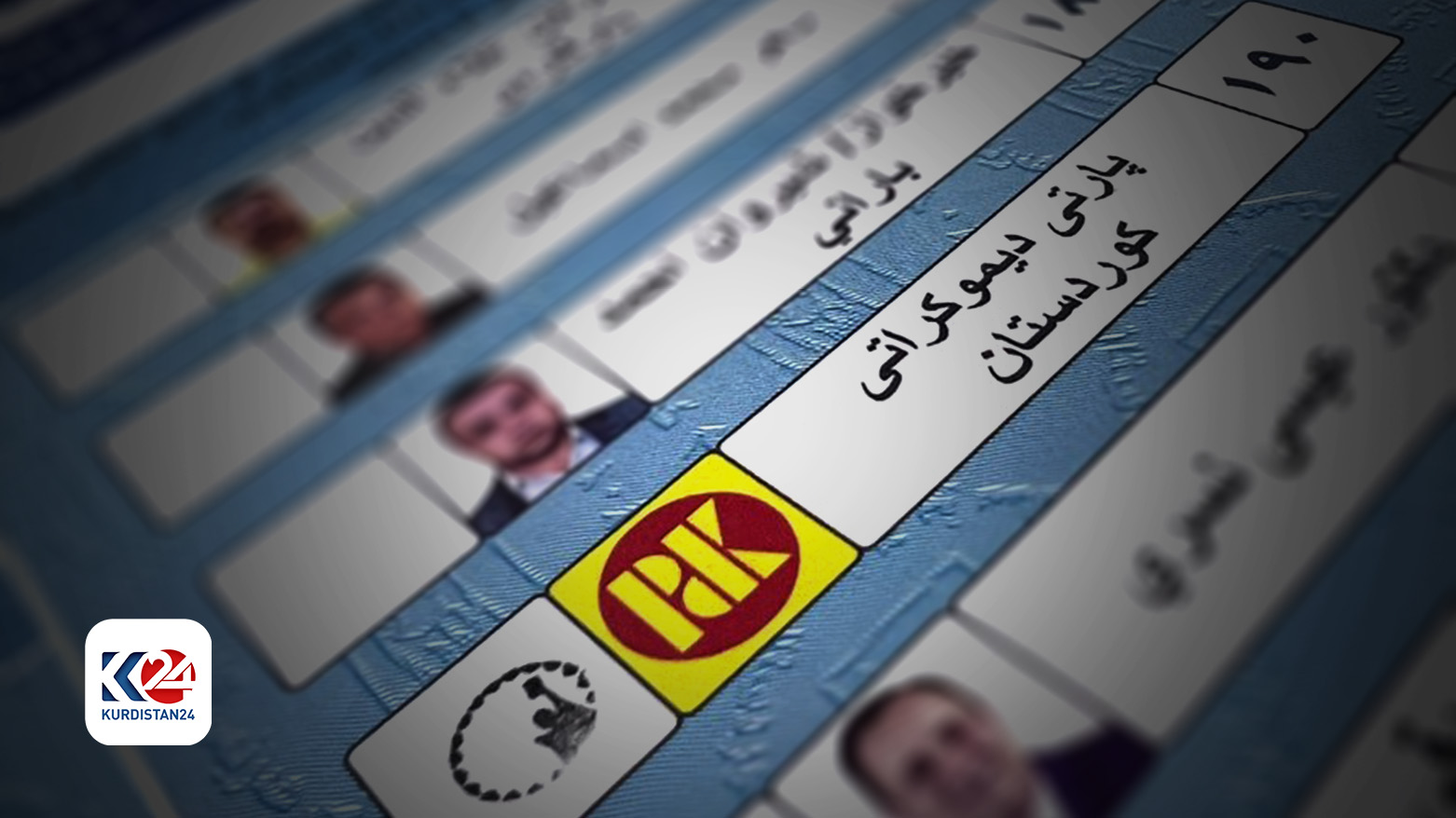Analysis: Federal Court changes cost KDP seven seats despite gaining 100,000 more votes in Kurdistan Parliament Elections
The Kurdistan Democratic Party (KDP) gained over 100,000 more votes between the two elections of 2018 and 2024, but secured fewer parliamentary seats due to changes in Iraq's electoral system, according to a Kurdistan24 analysis.

ERBIL (Kurdistan24) - Despite gaining over 100,000 additional votes between two elections, the Kurdistan Democratic Party (KDP) secured fewer parliamentary seats due to Iraq's Federal Supreme Court decisions that reduced parliament size and changed the electoral system from single to multi-constituency, according to a Kurdistan24 analysis.
In the 2018 fifth parliamentary elections, conducted by Kurdistan Region's Independent High Electoral Commission, 3,085,461 people were eligible to vote, with 1,845,979 participating, representing a 59% turnout.
Among 29 competing lists for 100 seats, 16 secured representation, with the KDP (List 183) winning 688,070 votes and 45 seats.
The 2024 sixth parliamentary elections, administered by Iraq's Independent High Electoral Commission, saw 2,899,578 eligible voters with 2,087,972 participating - a 72% turnout.
The KDP (List 190) received 809,172 votes, representing 39% of total votes but securing only 39 seats.
FEDERAL COURT DECISIONS
On Feb. 21, 2024, Iraq's Federal Supreme Court reduced Kurdistan Parliament seats from 111 to 100 and minority quota seats from 11 to 5, allowing political parties to compete for 95 seats. The quota seats were distributed as follows:
Christian Quota (3 seats):
One seat in Erbil
One seat in Sulaimani
One seat in Duhok
Turkmen Quota (2 seats):
One seat in Erbil
One seat in Sulaimani
The Court also mandated a change from single to multi-constituency system, dividing Kurdistan into four electoral districts (Erbil, Sulaimani, Duhok, and Halabja), resulting in significant vote wastage.
According to Kurdistan24's investigation, despite fewer eligible voters, the KDP increased its votes by 121,102. Under the previous single-constituency system, this would have secured 46 seats.
The multi-constituency system created disparities in seat value between districts. For example, the Patriotic Union of Kurdistan (PUK) secured 23 seats with 402,000 votes, while the KDP's 809,170 votes - double the PUK's count - yielded only 39 seats.
Additionally, technical issues with the electronic voting system's fingerprint readers reportedly prevented approximately 100 KDP voters from casting their ballots.